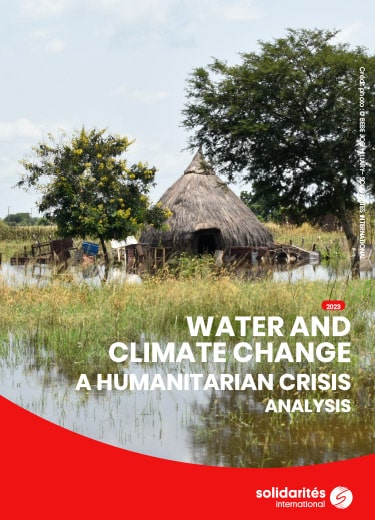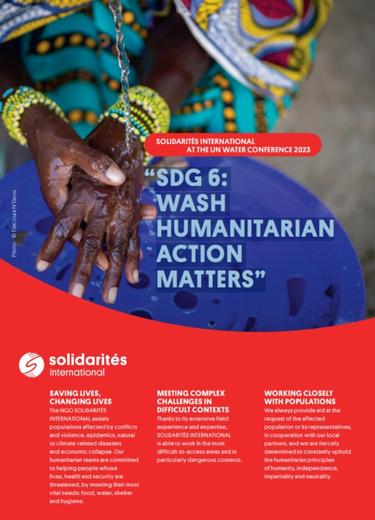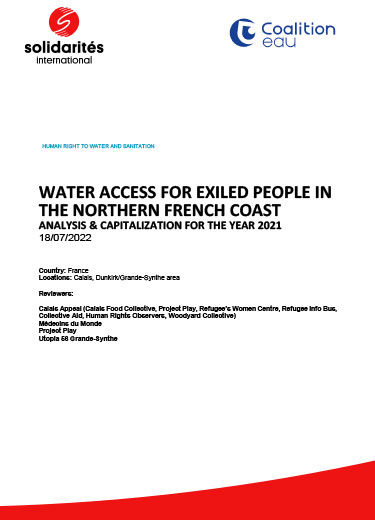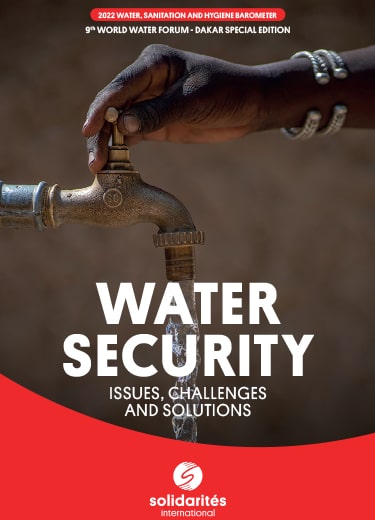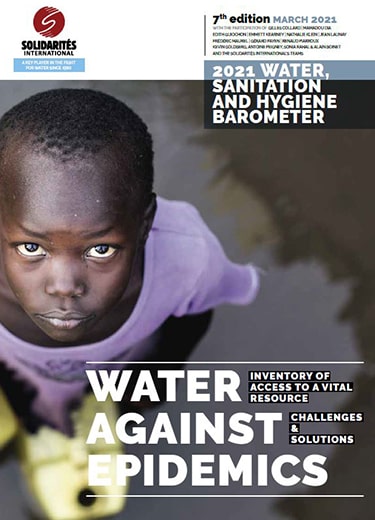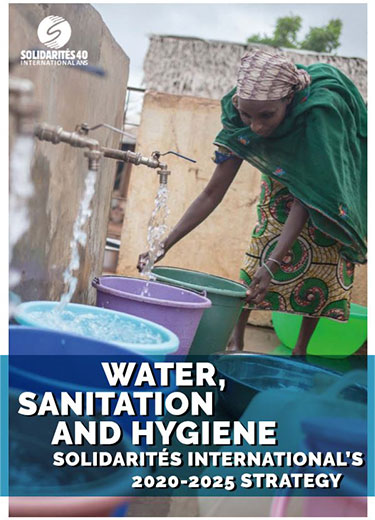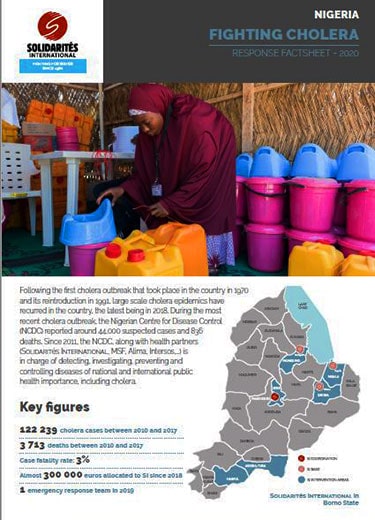The consequences of the lack of water
Economy, education, health, environment, shelter, disaster response…. The consequences of a lack of access to water and essential services such as sanitation or hygiene are numerous. Simple solutions exist if they are accompanied by investment but above all by political will. However, the lack of water has catastrophic consequences on their lives.

Education
- Children must fetch water instead of going to school.
- Schools without WASH infrastructure
(Water, Sanitation and Hygiene) can become a high-risk place for infections. - Schools without menstrual hygiene management systems prevent young girls from attending school on a monthly basis in certain regions.

HEALTH
- Communities without WASH
(Water, Sanitation and Hygiene) infrastructure and hygiene awareness are affected by waterborne diseases and overburden health centres. - Health centres without WASH infrastructure can become high-risk areas for infections.
- Without WASH infrastructure and hygiene awareness, diarrhoea leads to poor nutrient absorption, immune reduction and malnutrition..
- Without WASH infrastructure and hygiene education, food production (slaughterhouses, restaurants, canteens, domestic cooking…) can be a source of health risks.

ECONOMY
- People (especially women in some countries) have to fetch water instead of working.
- Some productive activities (especially agriculture) cannot function without access to water.
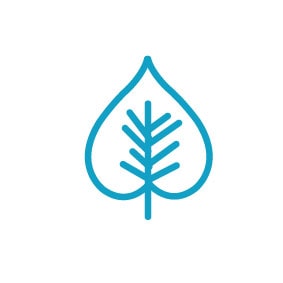
ENVIRONMENT
- The lack of sustainable access to water leads to uncontrolled exploitation of the resource with an environmental impact that, in some cases, may become irreversible.

SHELTERS
- The lack of sustainable water resource management can lead to a deterioration of shelter hygiene (humidity, insects, rodents), or even to their destruction, which can even affect entire communities (in the case of floods or landslides for example).

DISASTER RESPONSE
- Communities without WASH
(Water, Sanitation and Hygiene) infrastructure and hygiene awareness have minor resilience and resistance to disasters. - WASH services without adequate resilience and disaster resistance become an added health risk (ex: flooded latrine).

SOCIAL
- The lack of access to water can create conflicts between communities and within different communitiesutés.
- The lack of access to water can create social disparities in communities (social classes, gender, etc.)..
Publications
